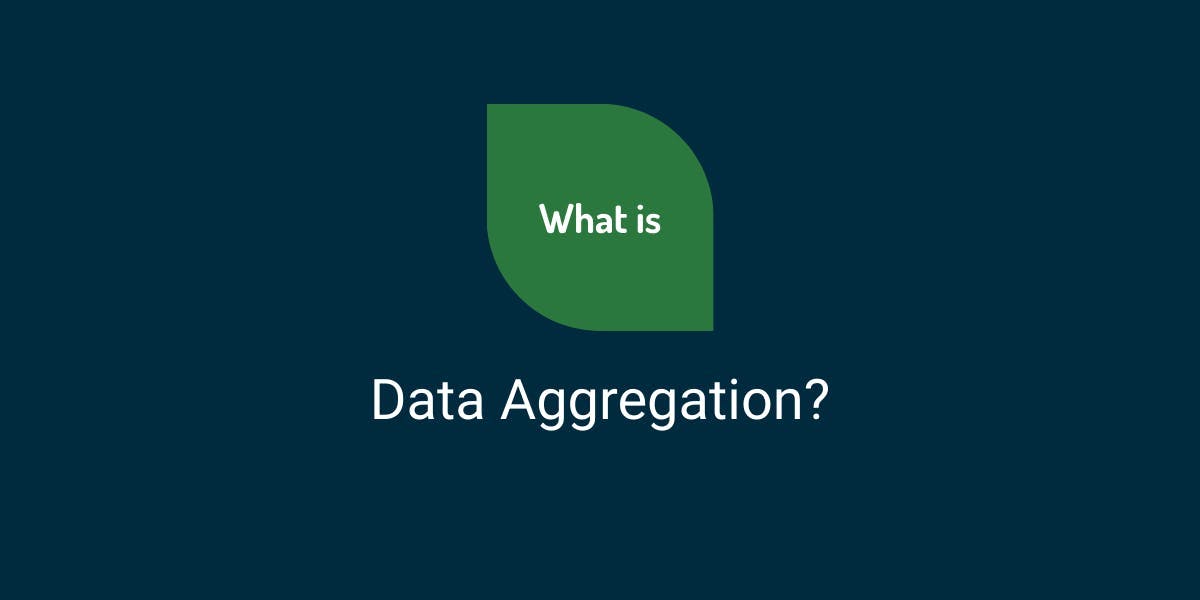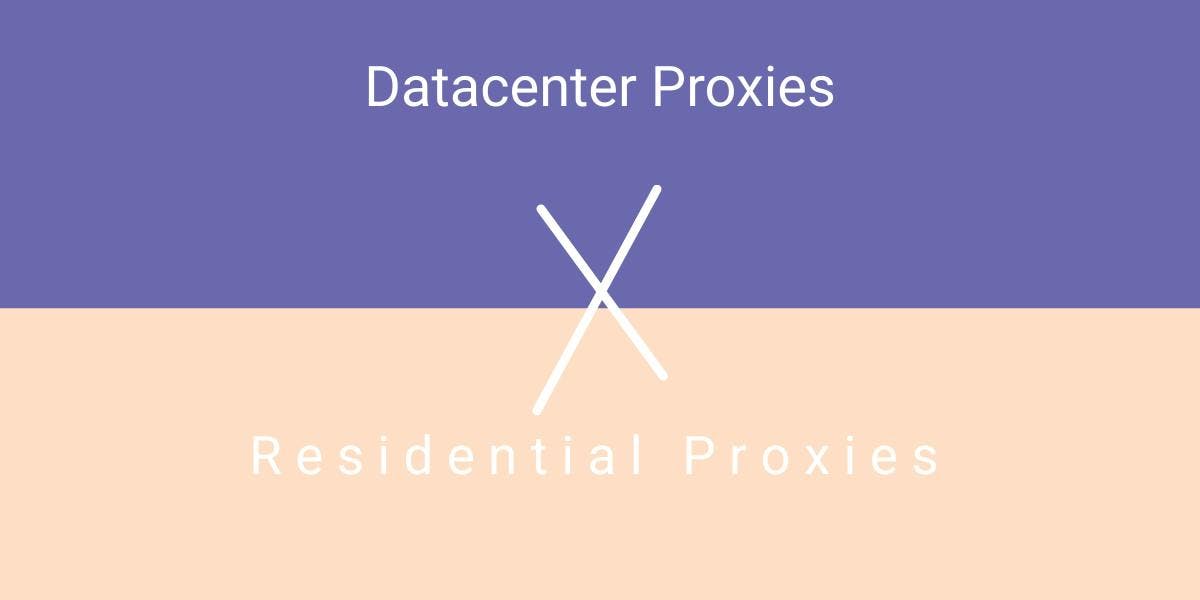What is Data Aggregation?
Flipnode on May 18 2023

When it comes to collecting and summarizing data for analysis, manual methods are often time-consuming and challenging. To streamline the process and ensure accurate and relevant data, an effective solution is required.
Enter data aggregation—a perfect solution that offers efficiency and benefits across various industries. In fact, according to a recent study by Springer, data aggregation is now considered an essential component of Internet of Things (IoT) devices, underscoring its significance in today's world. But why is aggregated data especially valuable for businesses striving to stay competitive?
What is data aggregation?
When dealing with data from multiple sources, the sheer volume of information can become overwhelming and challenging to process. This is where data aggregation plays a crucial role by organizing and consolidating data into a more digestible format.
A notable example of data aggregation is observed in search engines that display targeted advertisements to users based on their stored browsing data. Similarly, companies aim to collect as much data as possible about their website visitors and online customers to gain insights into customer demographics, behavior, and other pertinent aspects.
But what exactly is aggregate data? Essentially, it refers to customer data that enables businesses to precisely target users with personalized messages, offers, and more. Simultaneously, it allows companies to refine their marketing strategies by promoting top-selling products or services and potentially removing others from their offerings if needed.
Data aggregation in finance and investment
The financial industry provides a compelling example of data aggregation in action. In this industry, staying informed about the latest news and trends is crucial for making informed investment decisions. Data aggregation serves as an effective tool for financial and investment firms to monitor and assess the performance of the companies or products in which they have invested.
By aggregating relevant data, these firms can gain valuable insights and adjust their strategies accordingly. This enables them to stay ahead of market trends and make well-informed decisions about the companies or products they are involved with. Ultimately, data aggregation empowers financial institutions to optimize their investments and adapt their perspectives based on the performance of their portfolio holdings.
While it is possible to gather financial and investment data by manually visiting various news websites, the sheer number of available sources can make this task challenging. Additionally, the reliability of the data sets may be compromised if the information gathered is insufficient.
Fortunately, data aggregation provides a solution to these challenges. By utilizing automated data aggregation tools, you can efficiently and accurately collect a vast amount of data from hundreds of websites. These tools streamline the process, making it easier to obtain accurate and relevant information for your analysis.
With data aggregation, you can overcome the limitations of manual data collection and ensure a more comprehensive and reliable dataset. By leveraging automated tools, you save time and effort, enabling you to access a wide range of data sources in a more efficient and effective manner.
Data aggregation in the travel industry
Data aggregation processes offer significant benefits to businesses in the travel sector, enabling them to gain market intelligence, conduct effective competitor research, and monitor price levels. In today's highly competitive market, it is crucial for travel companies to consider these aspects to stay ahead of their rivals.
Without the use of aggregated data, obtaining relevant insights for each of these purposes would be challenging and time-consuming. Manual collection of data from multiple sources would require significant time and resources.
This is where data aggregation tools prove invaluable for travel companies. These tools streamline the process of tracking competitor offers and provide real-time insights. They also enable businesses to stay updated on trending destinations and offer relevant deals to attract customers and maintain a competitive edge. By leveraging data aggregation tools, travel companies can efficiently gather and analyze data, empowering them to make informed decisions and remain competitive in the dynamic travel industry.
Retail industry data aggregation
In today's highly competitive retail industry, it is imperative for businesses to position themselves as an attractive option for customers, as their loyalty can easily shift to other alternatives. Data aggregation plays a vital role in the retail sector, offering various benefits and opportunities, with competitive price monitoring being one of its prominent applications.
Competitive price monitoring is essential in the modern business landscape, and retail and e-commerce companies must stay updated on the promotions and prices offered by their competitors through comprehensive research. Data aggregation facilitates this process by enabling businesses to gather relevant data from competitors' websites. This accurate and extensive data becomes invaluable for adjusting pricing strategies and implementing targeted marketing approaches.
By leveraging data aggregation, retail businesses can gain a competitive edge by staying informed about market trends, identifying pricing opportunities, and making informed decisions based on comprehensive competitor analysis. It allows retailers to optimize their pricing strategies, attract customers, and enhance overall business performance in an ever-evolving retail landscape.
Final thoughts
By now, it should be evident that data aggregation offers significant value to businesses across various industries. Throughout this article, we have explored the concept of data aggregation and provided relevant examples highlighting its immense benefits for some of today's prominent sectors.
If you own a business within any of these industries, it is crucial to consider the points discussed regarding data aggregation. By doing so, your travel, retail, or e-commerce enterprise can maintain its appeal to customers and remain competitive. Similarly, for businesses in the financial and investment sectors, data aggregation streamlines the generation of accurate and reliable datasets, expediting critical processes.
Embracing data aggregation empowers businesses to unlock valuable insights, make informed decisions, and enhance overall performance. It enables companies to stay ahead of the competition, adapt to changing market dynamics, and meet customer expectations more effectively. In today's data-driven landscape, leveraging data aggregation is a strategic advantage that can propel businesses toward success.



